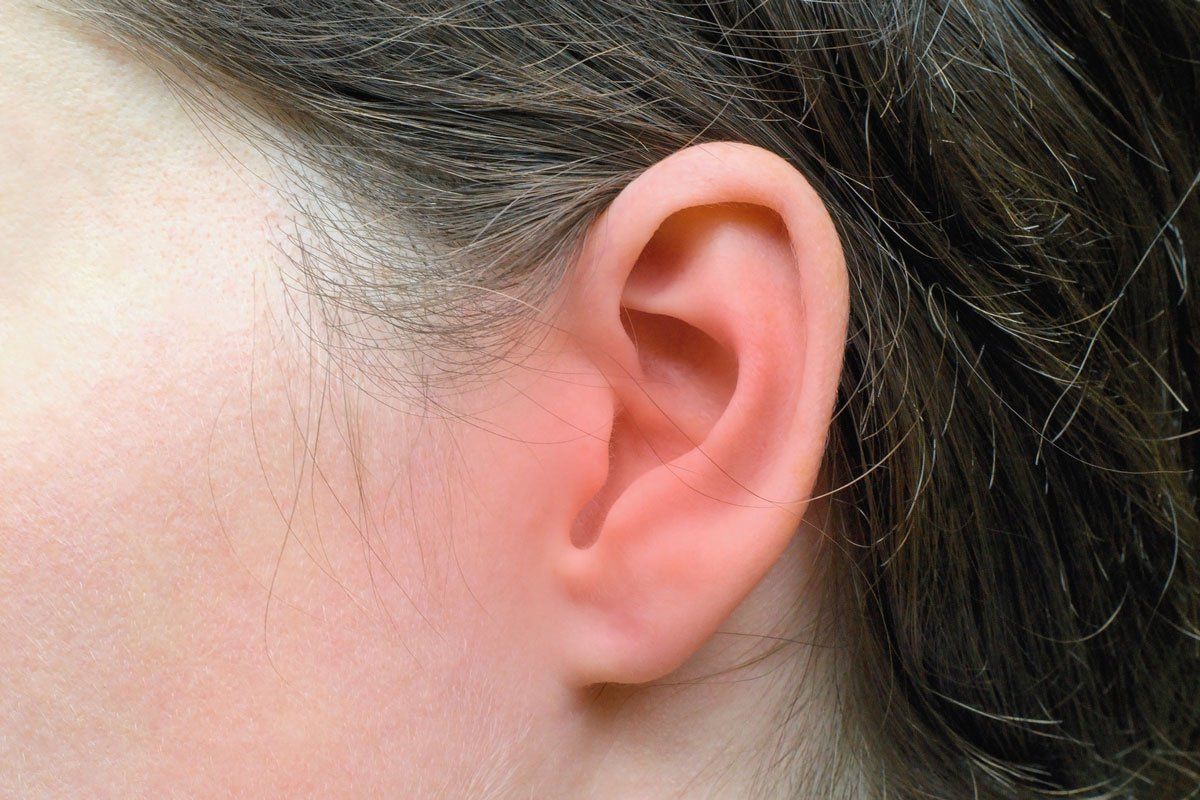Frequently Asked Questions About Tonsil Stones
Throat discomfort and other irritating throat issues may stem from a wide range of potential problems. One such problem, tonsil stones, may not strike a familiar note with many sufferers, even though it occurs fairly commonly. These chunks of hardened debris can get stuck in small, pocket-like tonsil nooks called crypts.
If you have recurring or ongoing throat discomfort without actually experiencing an obvious illness, you may have one or more tonsil stones that need removing. Check out the answers to the following frequently asked questions about tonsil stones and their treatment.
Why Do Some People Develop Tonsil Stones?
While the human body has sets of tonsils at the base of the tongue and the back of the throat, most people have only seen their palatine tonsils, which sit on each side of the throat. The crypts lining the palatine tonsils can fill up with a mix of bacteria, mucus, and food. This combination may then calcify into hard tonsil stones.
A variety of factors can influence the development of tonsil stones. People with naturally large tonsils or recurring tonsillitis infections may have an elevated risk of tonsil stones. Poor dental hygiene, sinus infections, and a chronically dry mouth from medication may also figure into your tonsil stone risk.
How Can You Tell Whether You Have Tonsil Stones?
Classic tonsil stone symptoms include halitosis (bad breath), sore throat, ear pain, difficulty swallowing, coughing, and swollen tonsils. These symptoms can make you think that you suffer from a throat infection or acid reflux irritation. However, you can also see tonsil stones as white or yellow spots on the tonsils.
You might not notice your tonsil stones at all until they reach a certain size. The larger the stones, the more intense the symptoms. Large or jagged tonsil stones may cause you unremitting pain until you take steps to shift them from their crypts.
How Do Doctors Treat Tonsil Stones?
Ear, nose, and throat specialists can diagnose tonsil stones quickly and easily simply by looking at your palatine tonsils. If the tonsil stones require removal, your doctor can extract them through minimally invasive inpatient surgery. Laser or radiofrequency tools can then seal off the crypts, preventing future stone formation.
If your tonsils prove especially troublesome as harbors for tonsil stones, your doctor may recommend that you undergo a tonsillectomy. This surgical procedure, which requires the administration of general anesthesia, usually takes no more than 45 minutes . After you recover from the anesthesia, you can go home.
If your tonsil stone discomfort stems primarily from the bacteria in the stones, antibiotics may alleviate your symptoms. However, these medications can't do anything to make you less vulnerable to future tonsil stone problems.
What Home Care Measures Can Take Care of Tonsil Stones?
Not all tonsil stones call for medical treatment. Tonsil stones that produce no symptoms may not need any care at all. Less serious tonsil stones may respond to certain home care measures to shift them. Try gargling with salt water, which may remove the stones while also reducing throat pain and bad breath.
Coughing bouts because of tonsil stones may annoy you, but they also might succeed in dislodging the stones. If you own an oral irrigator, ask your ear, nose, and throat doctor for advice on how to use the jet of water to push tonsil stones out of their crypts in a manner that doesn't hurt your tonsils.
Some tonsil stone sufferers literally take matters into their own hands by attempting to dislodge their tonsil stones with swabs, picks, and other narrow, elongated devices. While this approach may succeed, you run the risk of damaging or infecting your tonsils. Play it safe by scheduling professional tonsil stone removal.
Wilmington Ear Nose & Throat Associates, P.A., can help you gain control over your tonsil stone problems. Contact our ear, nose, and throat specialists to schedule an appointment at any of our locations .








